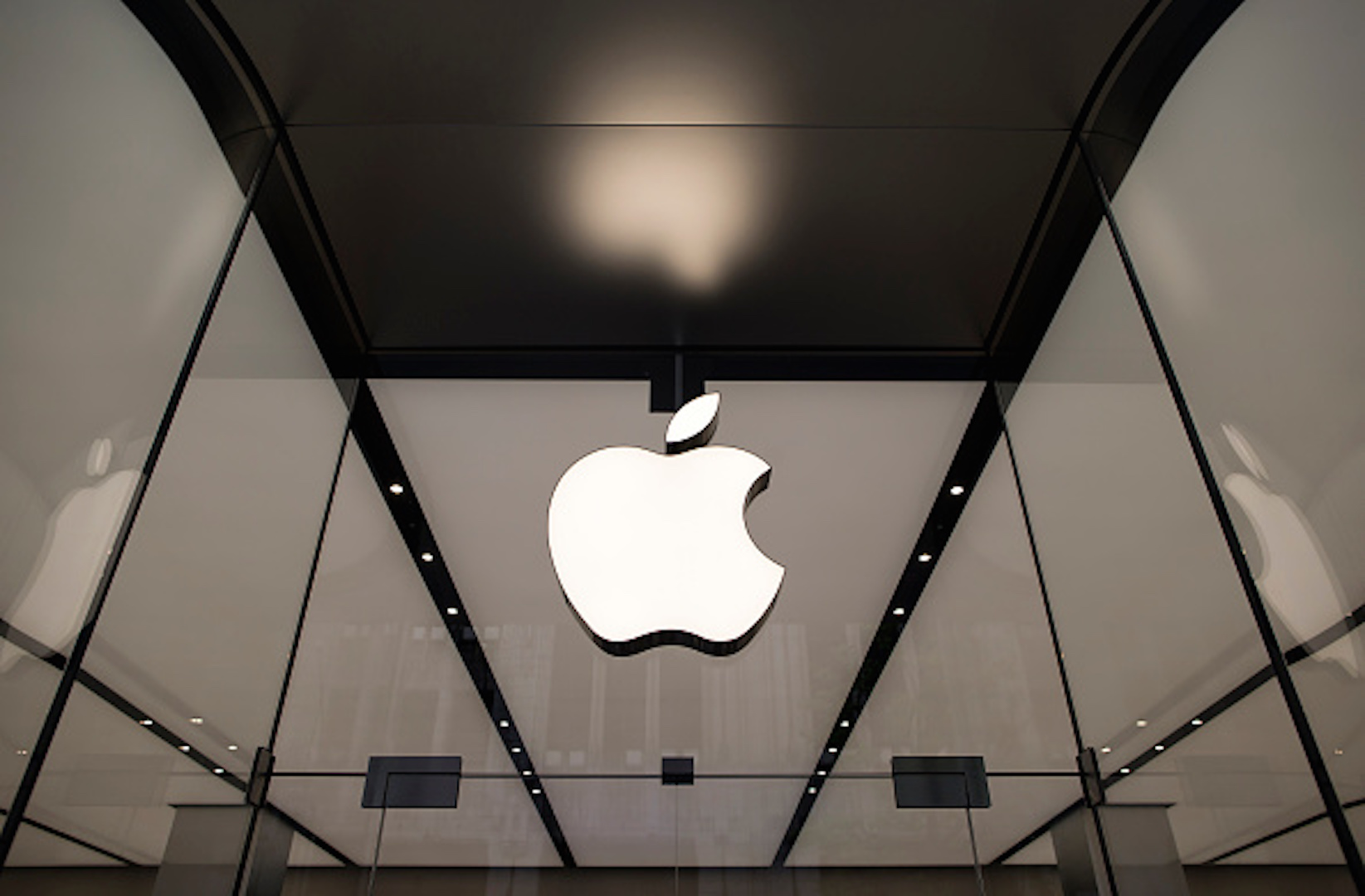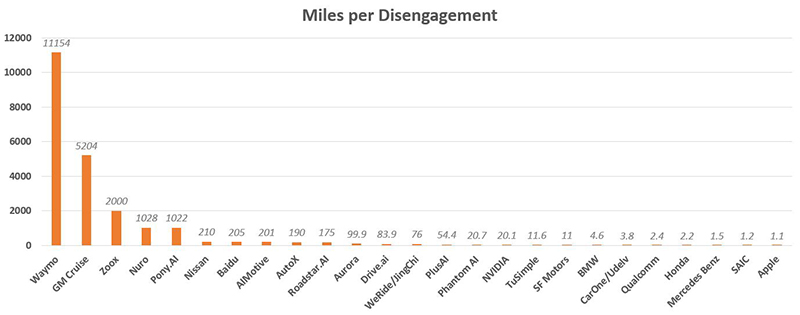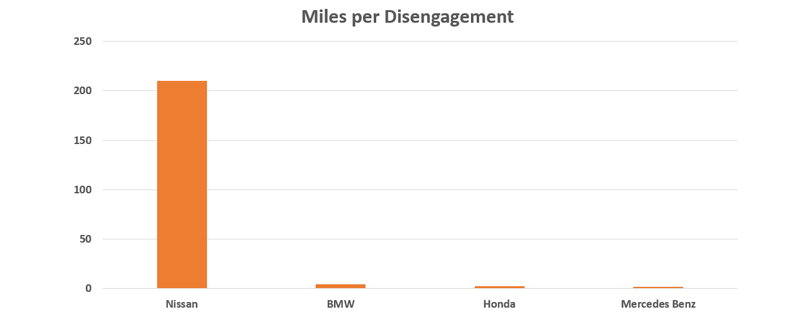

With the push to have the first true self-driving car on the market, big players in Silicon Valley are all lining up to test their hands in the field. As part of an agreement to use California as their testing bed, companies submit data to the state’s Department of Motor Vehicles to summarize the success (and failures) of its vehicles. As always, one company must come in last place for something, and this time it’s Apple.
On Tuesday, the California DMV released a mound of data related to vehicles engaged in semi-autonomous testing on public roads. Though the statistics were taken down, they have been hosted and organized elsewhere online. Information in the report aggregates the date range from December 2017 until November 2018 and specifically focuses on the number of times a software-driven vehicle relinquished control of the automobile to the human safety driver behind the wheel.

Waymo came out on top, leading the pack with an average 11,154 miles of successful driving without any hiccups—more than twice that of its nearest competitor, General Motors’ Cruise. Apple’s Project Titan, which recently slashed more than 200 jobs, ranked absolute last with a hand-off back to the human driver every 1.1 miles driven. Perhaps this is why Apple co-founder Steve Wozniak has such little faith in vehicle autonomy.
Surprisingly, other large names like Bosch, Intel (Mobileye), Tesla, Uber, and Voyage do not report any testing statistics.
For automakers who actively sell vehicles in the United States, Nissan crushed the competition by averaging 210 miles between disengagement. While this may seem abysmal compared to Waymo, Nissan did eclipse its nearest OEM competitor, BMW, by a factor of more than 45.

In all, the DMV’s statistics recorded 2,009,474 miles of real-world travel and 74,550 disengagements. This indicates that the industry average (at least in California) for the 2017-2018 data set would be one disengagement every 27 miles.
The top takeaway from the information presented by the DMV is that software-based Advanced Driver Assistance Systems have a long way to go before the human is removed from the equation.